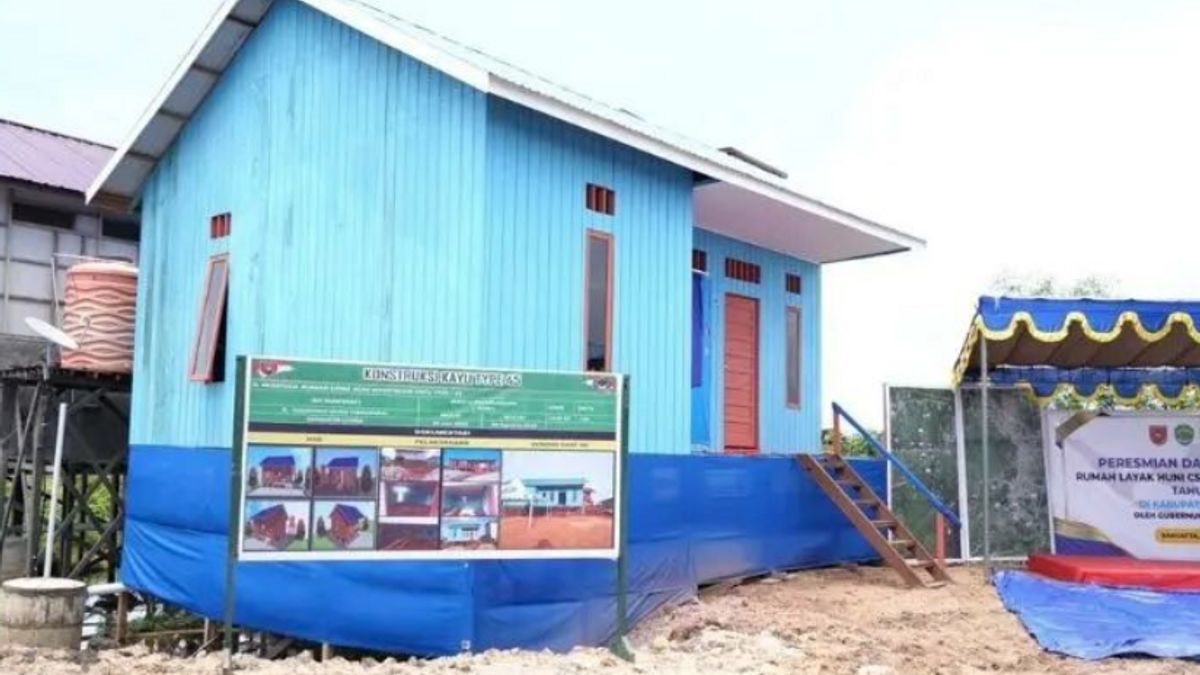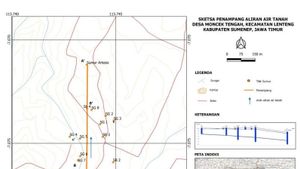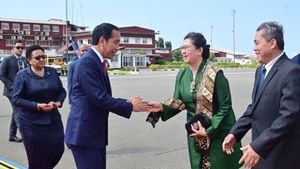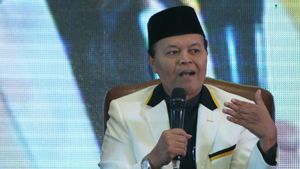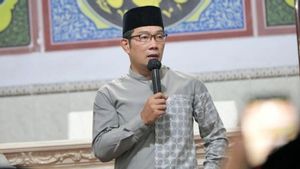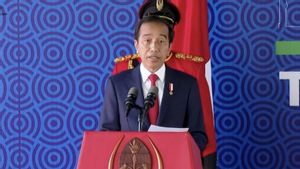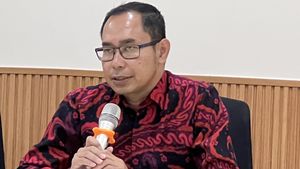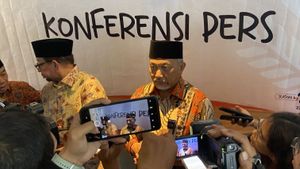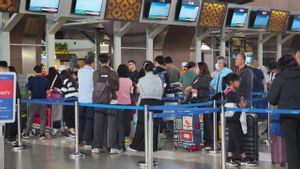SATTA - Governor of East Kalimantan (Kaltim) Isran Noor believes that the construction of a habitable house can reduce the poverty rate to below 2 percent, because the poverty criteria are around 50 percent measured by the condition of housing feasibility.
"Currently, the number of poor people in East Kalimantan is recorded at 6.11 percent or as many as 231,070 people with poverty, one of which is due to inadequate housing conditions," said Isran when symbolically handing over housing assistance in Sangatta, East Kutai, as reported by ANTARA, Tuesday, August 22.
Governor Isran Noor and regional heads in districts/cities since four years ago have targeted to build thousands of habitable houses. Meanwhile, as of this year, 508 residential units (RLH) have been realized.
The 508 RLHs were built not using APBD or APBN money, but from corporate social responsibility (CSR) companies, coal companies, banks, and others.
The RLH handover was carried out by Isran in North Sangatta District. There are two units of RLH handed over today out of a total of 20 RLH built by PT Kaltim Prima Coal (KPC), for 20 families spread across a number of sub-districts in East Kutai Regency.
According to the Head of the Residential House Management Agency (BPRLH) of East Kalimantan Province, M Taufik, the allocation of RLH construction costs is Rp. 115 million per unit, both for houses with concrete construction and houses with wood materials.
SEE ALSO:
For RLH with a concrete construction of type 36 and for houses with wood materials of type 45. While in determining concrete or wood buildings, there are teams that carry out surveys as well as planning.
"For RLH, which is built in rural areas, in general, with wood construction because wood materials are easier to obtain than in urban areas," said Taufik.
However, he continued, in urban areas it does not have to be built with concrete construction, because the team from the East Kalimantan Public Works and Public Housing (PUPR) will research contours, soil conditions, and surrounding environmental conditions.
The English, Chinese, Japanese, Arabic, and French versions are automatically generated by the AI. So there may still be inaccuracies in translating, please always see Indonesian as our main language. (system supported by DigitalSiber.id)
